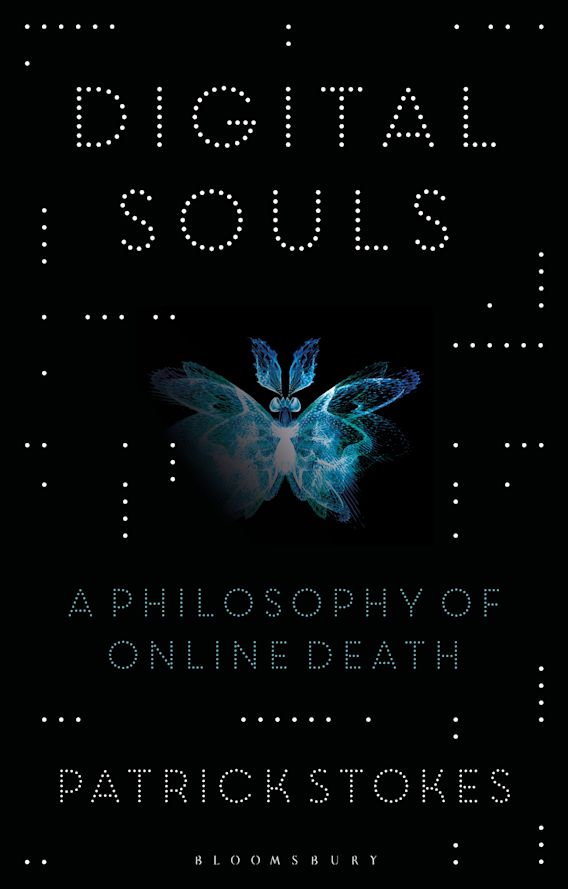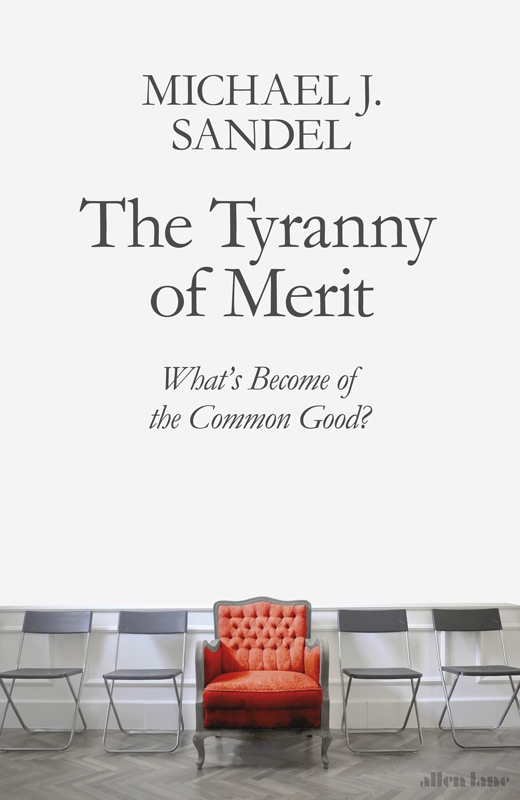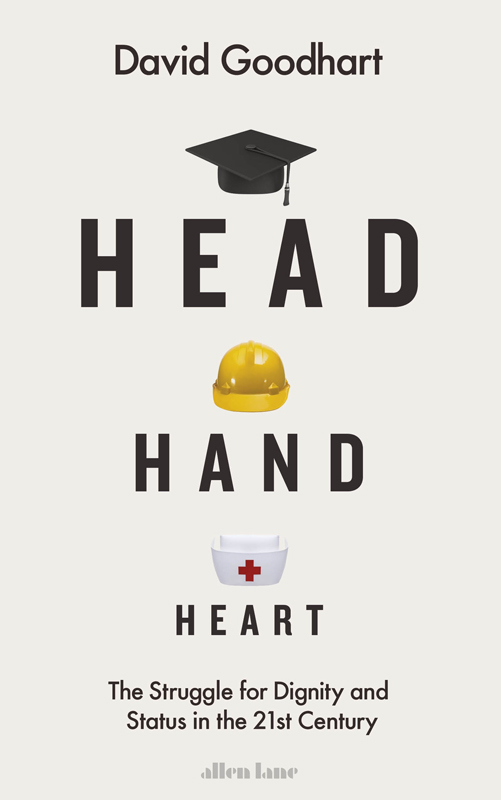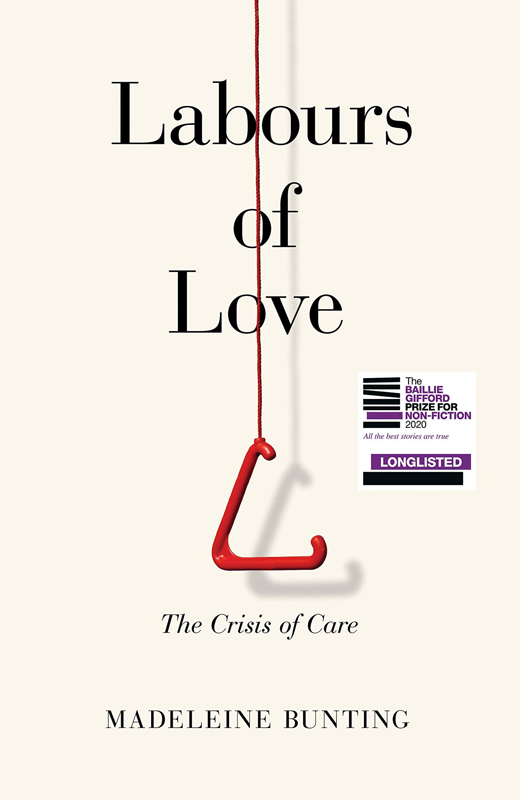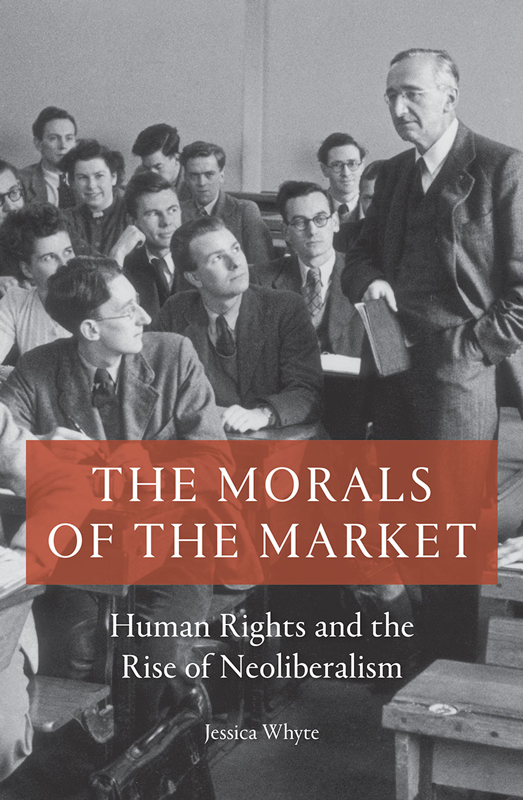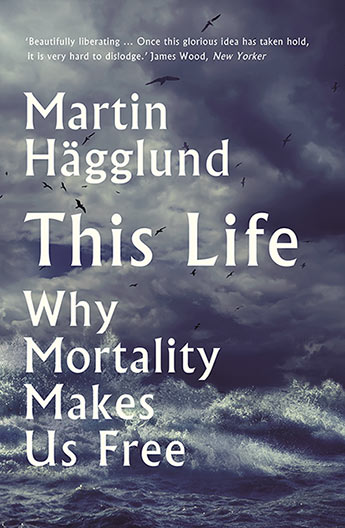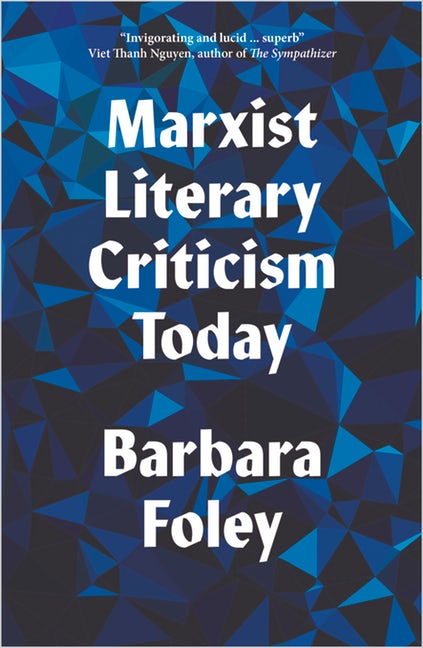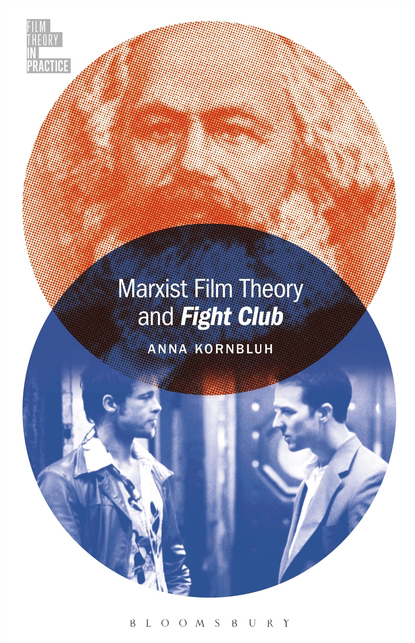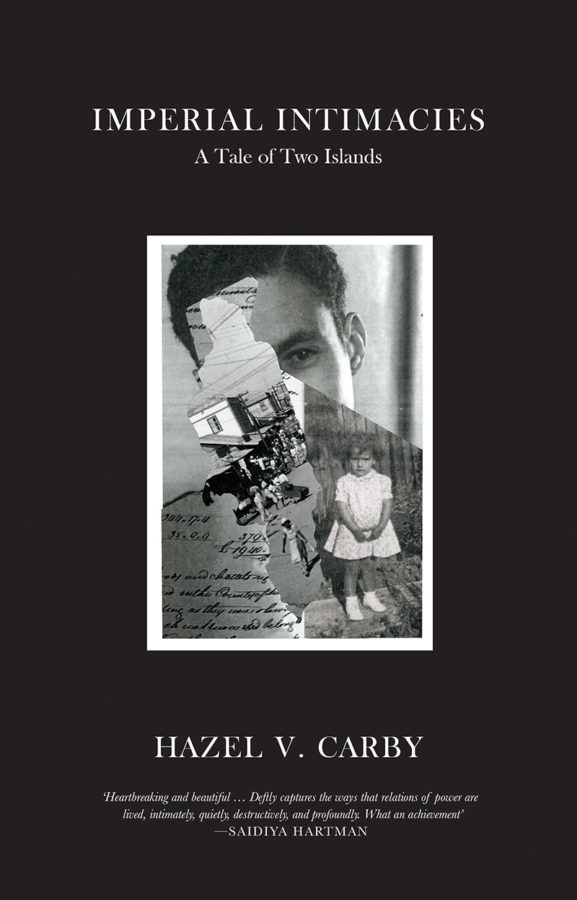Philosophy and critical theory
Philosophy in Troublous Times
I started composing this review during the peak of the bushfires in January. I returned to complete it as the coronavirus pandemic settled into its critical phase. The globalising, unifying elements of such crises are palpable, and resonate with Hägglund’s focus on fragility as an ineliminable element of political effort, just as it is for life as such. And yet his universal philosophy betrays a startling parochialism in the way it apportions which routes of anti-capitalism are viable and which aren’t.
24 Hour Theory People: Part 3
‘Fruitful misunderstandings’ strikes me as a good way to think about the blogosphere — and, actually, as a good way of describing what interesting criticism does, in so far as you never really ‘understand’ a work you’re responding to in any transparent, straightforward sense.
24 Hour Theory People: Part 2
For me, the easiest way to demonstrate the uniqueness of the blog medium is to think about why the k-punk book instantly and overwhelmingly prompts that question of its migration across media, a question which would not even arise for an anthology of newspaper or journal articles.
How Families Navigate Empire
This book puts Carby’s brilliant scholarship on display. Imperial Intimacies is highly readable, a memoir of her youth in the UK, as the daughter of a mixed-race couple – a Welsh mother and a Jamaican father – who married after World War II. The book not only contains meticulous archival research on the imperial relationship between the UK and its crown colony Jamaica. It is also a race-cognizant history of life in post–World War II Britain, reflecting on the historical spectrum of ideas about race and so much more.
24 Hour Theory People: Mark Fisher and the blogosphere
There’s been a lot written already about the work of the late English writer, blogger and cultural theorist Mark Fisher, who died in 2017. Last year, a substantial anthology of Mark’s blog writing — together with interviews, reviews, and an unfinished manuscript fragment — was published as k-punk (Repeater Books), which was also the name of his highly influential blog.
